This blog was written by Dr Eunice Mueni Williams, Research Associate at the REAL Centre, University of Cambridge. This is the first in a series of blogs about discussions at the REAL Centre 10-year anniversary conference held on 12 June 2025.
Ten years ago, the University of Cambridge launched the Research for Equitable Access and Learning (REAL) Centre with a clear mission: to improve education systems by focusing on those most likely to be left behind. A decade later, it is evident that the Centre has fulfilled—and exceeded—that ambition, evolving from a hopeful vision into a global force for equitable education.
As Julia Gillard, former Australian Prime Minister, reflected at the REAL Centre’s 10th anniversary conference on 12 June 2025: “In 2015, I said the Centre could ‘make a difference in helping us to understand what works to make education more equitable.’ I am very pleased, but not at all surprised, to stand here today and say that the REAL Centre has done exactly that.”
Anchored in evidence, committed to equity
The REAL Centre was born at a moment of global optimism, coinciding with the launch of the Sustainable Development Goals. It recognised that meaningful progress in education requires not just access, but quality and equity. Over the past decade, the Centre has worked to identify who is excluded from education and why, and how best to design solutions that are inclusive and effective.
In her opening of the conference, Professor Pauline Rose confirmed that this has been achieved through meaningful collaboration. Such collaboration has been key for ensuring the evidence the REAL Centre and partners collectively produce really does have an impact on policy and practice, including for those who are most left behind in education – which is at the heart of the REAL Centre.
Julia Gillard reminded us that the landscape has shifted dramatically: “The ten years since is not the decade for which any of us would have wished… A pandemic, rising nationalism and geopolitical tensions, war—the challenges are many.” Yet, even amid disruption, the Centre remained steadfast, producing rigorous research and advocating for policy grounded in evidence.
Transforming dialogue and systems
The REAL Centre has amplified perspectives that often go unheard, by championing the voices of learners, teachers and whole communities. It has built an ecosystem of collaboration—with governments, NGOs, donor agencies and communities. From CAMFED’s mentorship of girls to the RISE programme’s impact on Ethiopian schools, to regional policy forums, these partnerships have translated evidence into action. Professor Bhaskar Vira, Pro-Vice-Chancellor for Education and Environmental Sustainability, University of Cambridge, noted that “REAL Centre has shown commitment to deep and meaningful collaborations”.
Professor Tassew Woldehanna, from Addis Ababa University, praised such collaborations: “Our journey with RISE Ethiopia has been a beacon of impactful research, consistently striving to illuminate the complex landscape of education reform.”
Tassew Woldehanna further highlighted how data disaggregated by gender, wealth and disability revealed not just progress, but persistent gaps: “the REAL Centre’s equity-oriented approach fundamentally shifted the paradigm”. This approach helped reshape understanding of policy success, urging governments to look beneath national averages.
Moreover, the Centre supported the development of early learning tools like MODEL (Measure of Development and Early Learning and MLEE (Measure of Early Learning Environments)—now adopted by Ethiopia’s Ministry of Education as national instruments. “This signifies a critical step in strengthening the foundational learning ecosystem in Ethiopia”, Woldehanna noted.
In partnership with local institutions, international agencies and communities, the REAL Centre has shown that research can do more than explain the world—it can help change it.
Education amid global crisis
The REAL Centre’s contributions have been especially vital in times of crisis. During COVID-19, it collaborated on surveys to capture real-time challenges schools faced. As Tassew Woldehanna said, this work “directly informed policy responses… highlighting the urgent need for targeted interventions.”
In a world increasingly affected by conflict and climate change, this kind of responsiveness is critical. Julia Gillard cited a staggering figure: “In 2024, at least 242 million students in 85 countries had their schooling disrupted by extreme climate events.” The Centre’s work in fragile settings has underscored education’s role not only in development, but in stability and peace.
Advancing gender equality and social inclusion
The REAL Centre has also championed gender equity. Its long-standing partnership with CAMFED is an exemplar of evidence-driven advocacy. “For every $100 spent per girl, per year, CAMFED’s programme results in learning gains equivalent to an additional two years of education for all girls,” said Julia Gillard. “And it isn’t just girls who benefit—by focusing on the most marginalised, boys’ learning also improves.”
This commitment to inclusion was echoed by Tassew Woldehanna: “We consistently communicated… that addressing only one dimension of disadvantage, such as gender or poverty in isolation, is simply insufficient.” The REAL Centre has embedded intersectionality into education reform—ensuring that overlapping vulnerabilities are acknowledged and addressed.
An era of uncertainty, a call to action
With the 2030 Sustainable Development Goal deadline on the horizon, the REAL Centre’s focus must sharpen on intersecting crises: climate vulnerability, conflict displacements, digital divides, gender-based violence and inclusive education for children with disabilities. To meet these challenges, the REAL Centre will need to deepen regional engagement, strengthen South‑led research networks and amplify learner‑centred methodologies.
Yet, all speakers underscored a stark reality: funding for international education research is under threat. Julia Gillard warned of a “doom loop” in global aid, as key donors are cutting back their spending. Tassew Woldehanna called it an “urgent and profound crisis,” stating plainly: “Promising research initiatives… are now stalled… The ramifications are especially severe in Africa.” Bhaskar Vira pointed out that “the picture looks grim”, with decimation of aid budgets.
Despite these challenges, all remained hopeful. “Now, more than ever, we must act,” said Tassew Woldehanna. And as Julia Gillard affirmed: “We need reform and resources to achieve global goals like a quality education for all.” Bhaskar Vira concluded by noting that “we need to call out challenges that lie ahead”.
Looking ahead
As the REAL Centre looks toward the next decade, the task is clear: to continue producing research that informs meaningful policy, centres the most marginalised and contributes to resilient, inclusive education systems. As Julia Gillard concluded: “Within this transition lies an immense opportunity. Organisations like the REAL Centre… are going to be more vital than ever before.”
But the conference also emphasised that the next decade demands renewed rigour and focus in the face of escalating challenges: climate change, conflict, economic downturn, gender divide in politics, humanitarian crisis and shifting aid landscapes.
The REAL Centre’s ten‑year journey offers a powerful lesson: when research is equity‑focused, collaboration‑driven, and intentionally bridged with policy, it can spark real change.
This blog is part of a series unpicking issues discussed at the REAL Centre 10-year anniversary conference in June 2025. Others in the series include:
A decade of learning, a future of inclusion: The REAL Centre’s journey
The role of education in decolonisation, climate and conflict: A call to action
Advancing inclusive education: Moving beyond tokenism
Elevating teachers’ voices to support equitable learning
“Where next?” Navigating a future for education and international development amid funding cuts

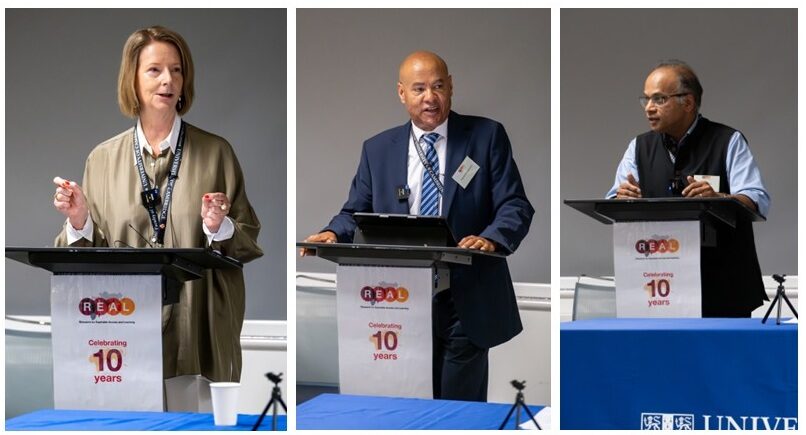
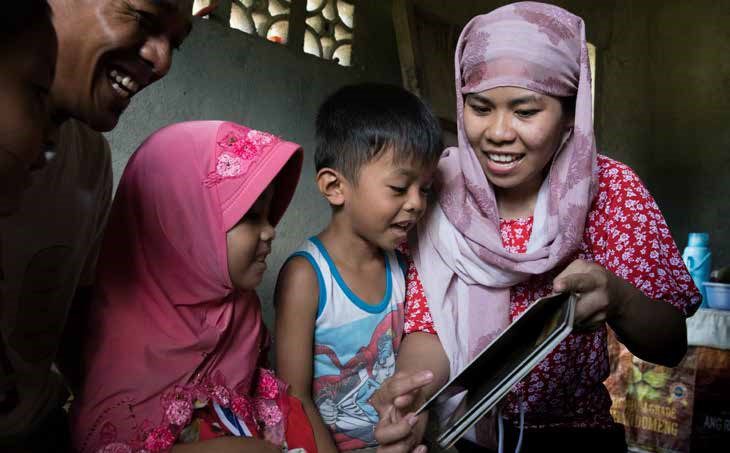
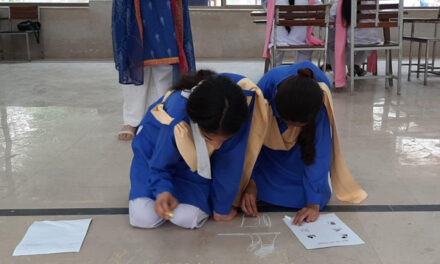
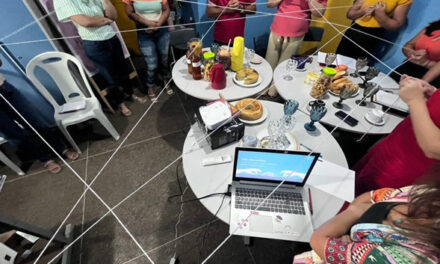
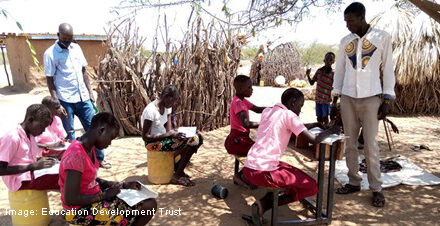
commendable jobs!